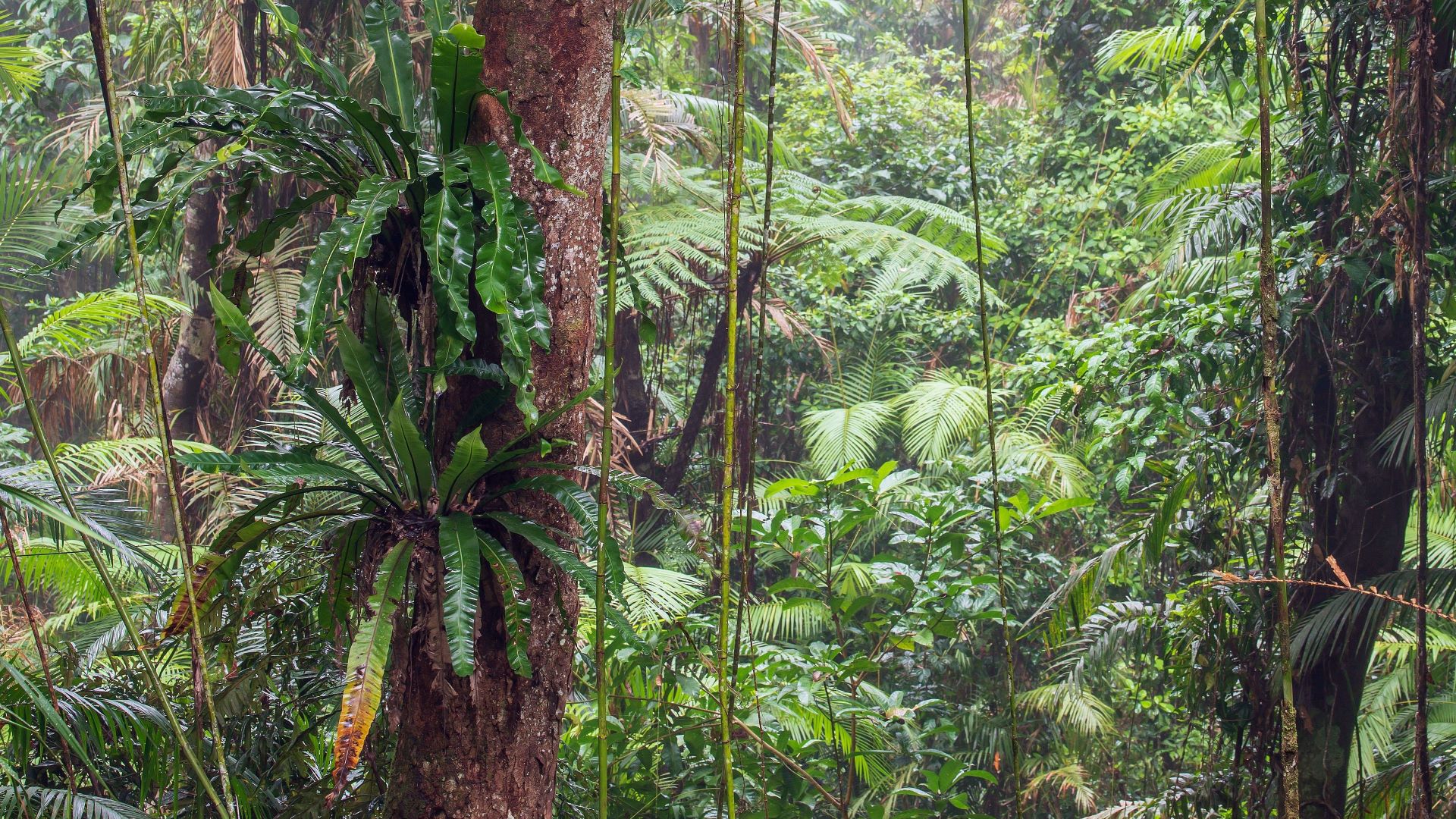Dr Sven Batke looked at epiphytes, plants that grow on other plants, and found that they are moving to different locations due to the areas with the plants’ preferred temperature and humidity, known as a climate niche, becoming too warm and dry.
This new research shows that 304 epiphyte species will have their climate niche positions displaced by the years 2040–2100. This could lead to a substantial decrease in biodiversity with important specialised species dying off, giving way to generalists and more tolerant species.

Dr Batke, Reader in Plant Sciences, said: “Vascular epiphytes are common and important components of wet tropical forests where they contribute substantially to local and regional plant diversity.
“We’ve discovered that climate change is forcing up to 20% of Atlantic Forest epiphytes to change locations, moving to cooler areas as the environment warms around them. Worse still, some are now under threat of extinction due to the speed at which the environment is changing, being unable to keep up with the pace of change and seed new areas.
“If epiphytes are affected in this way so will the millions of other plants and animals that are struggling to cope with our rapidly changing climate.”
The Atlantic Forest covers an area of 1.5 million km2 on the Brazilian coast. It is already considered one of the most threatened biomes in the world because only 12% of the original forest cover remains intact despite being one of the main centres of plant diversity in South America.
Epiphytes are a key part of tropical forest biodiversity, their loss and shifts in where they grow could have knock on effects for the thousands of plants and animals that live alongside them.
Of particular concern are unpredictable events such as droughts, disease outbreaks, and land use changes which could easily accelerate the extinction of species with smaller distribution ranges.
Dr Batke explained the threat facing topical forests: “Our research clearly shows that climate change threatens plant species and everything that relies on them. As climate change intensifies more and more plants will move locations have huge effects on the composition of forests and force many species to adapt or die.
“The findings from this study can help to inform ongoing legislative conservation efforts in one of the world’s most biodiverse regions. Only by working out how climate change is affecting species can we hope to protect them.”
This project builds on research on Honduran ferns that showed that up to 32 of the 160 ferns that grow on Honduras’ tallest mountain will lose their climate niche altogether in as little as 25 years, perhaps 70 at most.
The results of the project are detailed in an open-access paper in the Plant Ecology Journal.
To discover more about our courses, please visit ehu.ac.uk/study.
April 20, 2023



